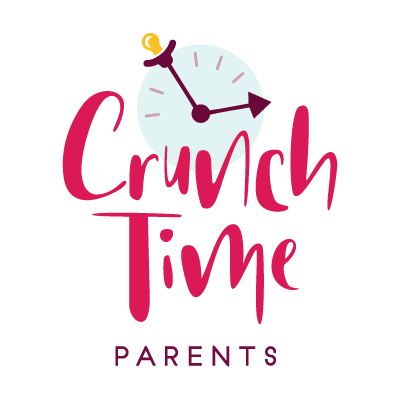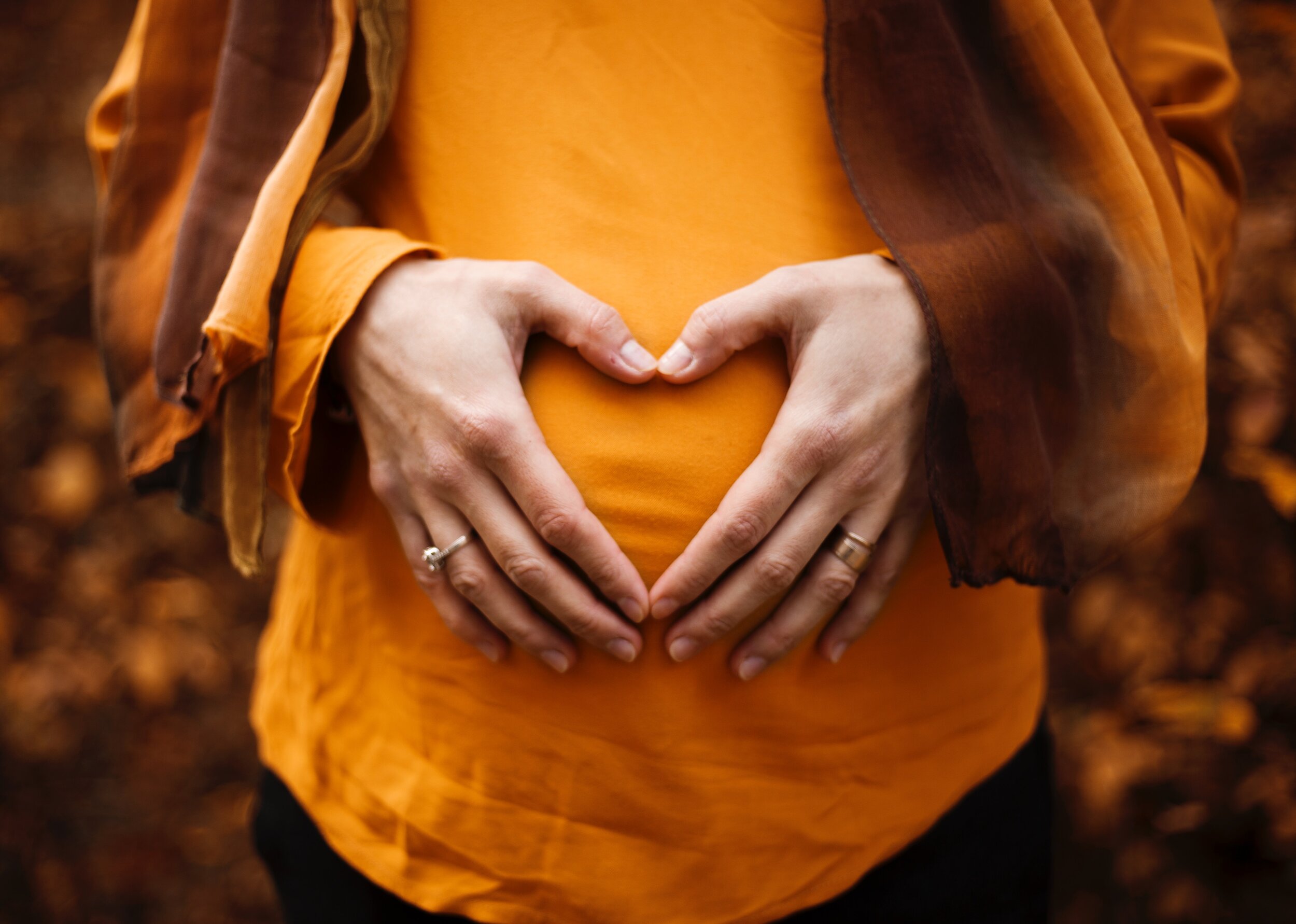Exciting News for IVF Patients: Just When You Thought It Was Time to Give Up, It's Not
/I'm still haunted by the look on my friend Jillian's face when her umpteenth round of IVF failed. Exhausted and out of money to try yet again, she and her partner had decided to give up on having a baby. She was 43 at the time, and meanwhile I was newly pregnant with my second kid but it was still too early to talk about it. Even if the time had been right, I would've kept my mouth shut. Some of my friends (myself included) had been on the fence about having kids for years before we got pregnant at "advanced maternal age."
But Jillian wasn't on the fence. She'd always wanted to be a mom, and she wasn't flying any ambivalence flags. Now, as I read the latest news about how the most determined fertility specialists and doctors are helping IVF patients have healthy babies despite "abnormal" embryos, I wonder if faulty science kept Jillian and millions like her from having the life they envisioned. New York Magazine's article this week is astounding. It's about how scientifically dubious and misleading test results from PGS (preimplantation genetic screening) might be preventing fertility specialists from using embryos that have a very high chance of leading to a healthy birth.
As the article notes, Norbert Gleicher of the Center for Human Reproduction in New York estimates that 13,000 women per year have given up on becoming mothers because of misleading PGS test results. The article examines the ethics of the issue—certainly complex and ever-evolving—and reports on the growing movement among fertility doctors to reconsider how they approach IVF, and how to stop discarding embryos that are more likely than not to become healthy babies. Definitely worth a read.



















